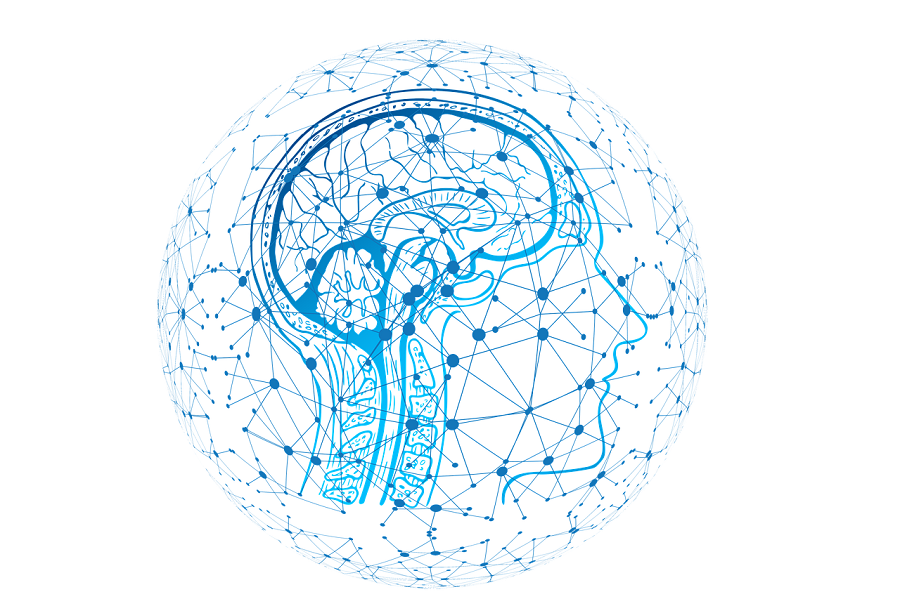On September 3, the Defense Advanced Research Projects Agency (DARPA) issued an Artificial Intelligence Exploration (AIE) Opportunity inviting submissions of innovative basic or applied research concepts in the technical domain of autonomous machine teaming. Proposals are due no later than 4:00 p.m. on October 3, 2019.
CREATE is investigating new approaches for autonomous teaming of physically distributed groups of AI enabled systems (multi-agent systems) when there is limited opportunity for centralized coordination. Autonomy research for unmanned systems including Unmanned Aerial Vehicles (UAVs), satellites, unattended ground sensors (UGSs), and robots has primarily focused on improving the performance of individual system sensing and behaviors. However, the high level actions and integration into a larger mission or ‘team’ remains stuck in the paradigm of one or multiple humans controlling a single ‘autonomous’ system. The state-of-art in group autonomy of unmanned systems emphasize communications heavy approaches (e.g. Direct human control of many systems, contract / auction techniques, or coalition methods) which are brittle in communication constrained environments. Other efforts have explored machine teaming using swarm behaviors that emerge from simple reactive responses from each individual, but these tend to be inflexible and slow to accomplish a task. All of these approaches rely on static and pre-defined objective functions, static swarm behaviors, or other Markov Decision Processes (MDPs) that significantly limit the team’s ability to react to unexpected missions or balance competing mission objectives.
Context Reasoning is the use of implicitly given facts, relationships, and models from dynamically changing internal or external knowledge stores to enable “machine understanding” of sensing and commands to improve autonomous decision making. Where MDPs are not able to make use of domain information effectively due to their representational limitations, contextual reasoning allows autonomous agents to form hypotheses and infer relationships amongst new and stored observations enabling highly adaptable individual agent decision making, thus breaking the reliance on centralized C2 and the need for pre-planned cost function definition. Local decision making is less informed and suboptimal but is infinitely scalable, naturally applicable to heterogeneous teams, and fast.
Context Reasoning for Autonomous Teaming (CREATE) aims to explore the utility of Artificial Intelligence (AI) on the autonomous formation of scalable machine to machine teams capable of DARPA-PA-19-03-01 Context Reasoning for Embedded System Teaming (CREATE) AIE Opportunity 2 reacting to and learning from unexpected missions in the absence of centralized communication and control. CREATE will develop the theoretical foundations of autonomous AI teaming to enable a system of heterogeneous, contextually-aware agents to act in a decentralized manner to satisfy multiple, simultaneous and unplanned mission goals. Agents within the team will have mechanisms for regulation to ensure (favorable) emergent behavior of the team to (1) better ensure the desired mission outcome and (2) bound the cost of unintended adverse action or ‘regret’.
Full information is available here.
Source: FedBizOpps









